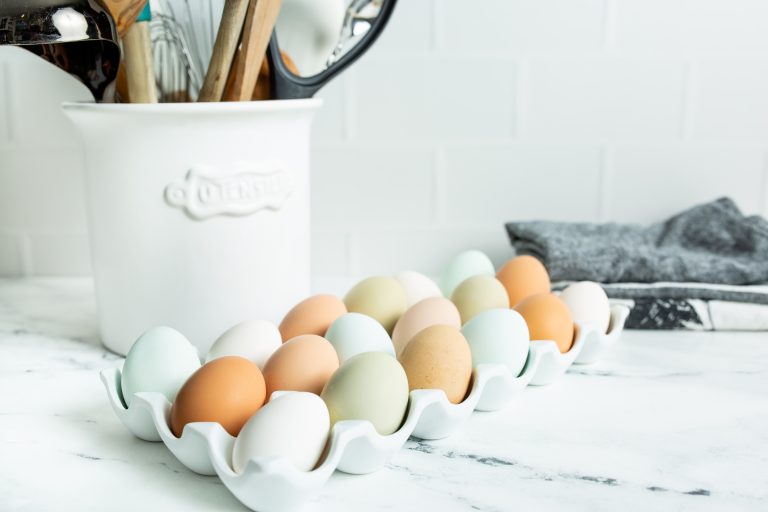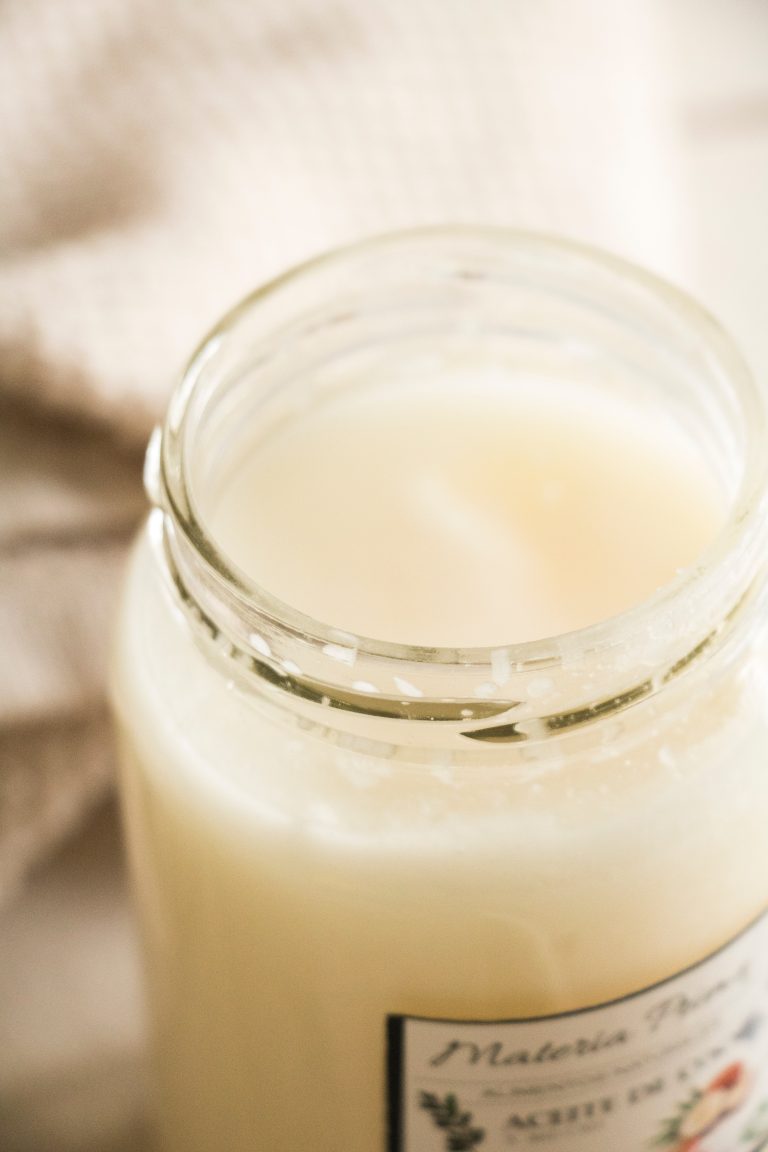How Having Chickens Saves Us Money
This post contains links to affiliate websites, such as Amazon, and we receive an affiliate commission for any purchases made by you using these links. We appreciate your support!
There of course is an initial expense to having a homestead and incorporating animals into your life. But if natural living and multi-purpose is your jam, you’ll love how chickens cluck to the tune of reducing waste and saving money. And here we’re talking about more than just eggs!

In recent years, there has been a growing interest in sustainable living and self-sufficiency. One of the most rewarding and cost-effective ways to embrace this lifestyle is by keeping chickens. These feathered friends offer a plethora of benefits that can help you save money in various ways. From providing a constant supply of fresh eggs to aiding in pest control, reducing waste, and nurturing your land, chickens are a valuable addition to any homestead.
Fresh and Affordable Eggs
One of the most obvious benefits of keeping chickens is a consistent supply of fresh eggs. Eggs are a staple in many households, and the cost of purchasing them from the store can add up over time. By having your own flock, will save you money as well as put your mind as ease knowing your eggs haven’t been soaked in bleach.
- Egg Production: On average, a healthy laying hen can produce around 250-300 eggs per year. This number can vary depending on the breed and environmental conditions, but it’s a reliable source of eggs for your family.
- Quality Control: When you raise your own chickens, you have control over the quality of the eggs they produce. You can ensure that your chickens are raised in a clean and healthy environment, resulting in fresher and more nutritious eggs compared to store-bought options which are soaked and washed in a bleach solution (hence the less yellow yolks) before being packaged and sold.
- Variety of Breeds: Chickens come in various breeds, each with its own unique egg characteristics and temperament. Some lay brown eggs, while others lay white or even colored eggs. Visit sites like McMurray Hatchery and read up on the temperament, laying expectations, and colors of eggs before purchasing chickens.
- Excess Eggs: If your chickens produce more eggs than your family can consume, you have the option to sell the surplus to friends, neighbors, or local markets. This can provide an additional source of income. You can also pickle, dehydrate, and even water-glass eggs during the summer for fresh eggs all winter long.
Chickens and Egg Production Notes
A chicken’s egg production is very weather dependent. As the days get shorter, the egg laying gets less and less. Chickens lay based on the light. For better winter laying, especially in areas with snow, make sure you have windows or lights that turn on during the day to signal their bodies to continue laying.
Chickens will also molt once per year. This is typically in the spring, but has been seen in the fall as well. During this time the chickens are loosing feathers and regenerating new ones. This is completely normal but egg production will slow during this time as well so their bodies can heal.
Chickens do not start laying until about 9 months or a year. So keep that in mind. If you’re going to Tractor Supply for chicks in the spring, don’t be expecting any eggs until the winter or next spring. You won’t be getting eggs that summer.
A Note on Feeding Chickens
Chickens do need a good source of protein for laying eggs. If free-ranging, they will get plenty of protein from bugs and scraps. If they are caged, they should get adequate protein from their grain feed. Note: Don’t fall for the extra egg layer pellet scam. You do not need to pay extra and buy this grain unless it is the winter or during the molt. It simply has extra protein and will help them during those times. You can also supplement with sunflower seeds during the winter and mix in a couple cups with the regular feed. This will be more than enough protein.
Pest Control and Fertilization
Chickens are natural foragers and excellent at pest control. By letting them roam freely in your yard or orchard, you can reduce the need for harmful pesticides and herbicides, thereby saving money and encouraging growth in the environment.
- Insect Control: Chickens have a great appetite for insects, including flies, beetles, and even ticks. They scratch and peck at the ground, constantly searching for tasty treats. This behavior not only reduces the insect population in your yard but also helps protect your plants from damage (unless they get into your garden).
- Fertilization: As chickens forage and scratch, they also fertilize the soil with their droppings. Chicken manure is rich in nitrogen and other essential nutrients that promote healthy plant growth. This natural fertilizer reduces the need for store-bought fertilizers, saving you money while improving soil quality. Note that you do not need to free-range your chickens for the benefit. Create a compost pile and add weekly cleaning to it for decomposition. Do not add chicken droppings directly to gardens as you can burn vegetation from the high nitrogen content.
- Spring Ground Work: Prior to spring planting, let your chickens in to the garden area and fence them in if you can. Allow them to till the soil, loosening it and eating larva as well as weed seeds before your initial plant.
Waste Reduction and Composting
Chickens are not only great at producing eggs and controlling pests but also reduce waste by turning kitchen scraps and other organic waste into valuable compost. Composting with chickens can save you money on waste disposal and provide nutrient-rich compost for your garden.
- Kitchen Scraps: Chickens happily consume many kitchen scraps, including fruit and vegetable peels, bread, pasta, and leftovers. Instead of sending these scraps to the landfill, you can feed them to your chickens, converting waste into eggs and fertilizer. For chickens, the moldier the better!
- Manure Composting: Chicken manure, when mixed with bedding materials such as straw or wood shavings, creates a powerful composting agent. This “chicken litter” breaks down over time, producing nutrient-rich compost that can be used to enrich your garden soil.
- Reduced Garbage Bills: By reducing the amount of organic waste that goes into your trash bin, you can potentially downsize your garbage collection service or reduce the frequency of pickups, saving you money on disposal fees.
What NOT to Feed Chickens
Most animals instinctually know what they can and cannot eat. The same goes for chickens, but the more you can feed them what they do eat, the less leftovers (such as avocado peels) you’ll need to pick up from your yard.
Here’s a short list of what to avoid giving to chickens: Avocados, onions, garlic, raw beans, green potatoes, tomato leaves, rhubarb leaves, chocolate and caffeine are all toxic to chickens. You can toss a leftover casserole that had garlic and onions out and they will for the most part eat around what is toxic and scratch it into the ground to decompose.
Land Management and Landscaping
Chickens can play a vital role in land management, especially if you have a larger property. Their presence can lead to improved soil health and more efficient land use. Use chicken tractors or moveable chicken netting for best results. Keeping the chickens in a compact area that is moved daily is ideal when using for land management.
- Natural Tilling: Chickens love to scratch and dig in the soil. This natural behavior serves as a form of tilling, breaking up compacted soil and helping to aerate it. This can reduce or eliminate the need for expensive mechanical tilling equipment. Use chicken tractors or moveable chicken netting for best results.
- Weed and Brush Control: Chickens are excellent at clearing overgrown areas of land. They can help keep weeds and brush in check, reducing the need for costly land clearing services.
- Orchard Maintenance: If you have fruit trees or an orchard, chickens can be valuable helpers. They’ll eat fallen fruit, reducing the risk of pest infestations, insects such as wasps swarming fallen fruit, and their scratching can help aerate the soil around the tree roots.
- Land Rejuvenation: Over time, chickens can contribute to the overall rejuvenation of your land, making it more productive and aesthetically pleasing without the need for expensive landscaping efforts, especially when combined with the use of cows, sheep, and pigs.
Sustainable Living and Self-Reliance
Beyond the financial savings, having chickens promotes a sense of self-reliance and sustainability. You’ll become more connected to your food sources and reduce your dependence on external suppliers.
- Food Security: Raising chickens adds to your food security. In times of crisis or supply chain disruptions, having your own source of fresh eggs can be a valuable asset. And in true security, having a rooster will allow you to maintain your own line of backyard chickens (cross-breeds) and provide chicken meat as a meal if in a true need.
- Reduced Carbon Footprint: By producing your own eggs and compost, you decrease the carbon footprint associated with transporting these items to your home. This aligns with the principles of sustainable living and reduces your environmental impact.
- Education and Skills: Raising chickens offers the opportunity to learn valuable skills in animal husbandry, agriculture, and self-sufficiency. These skills can be passed down to future generations and contribute to a more sustainable lifestyle.




